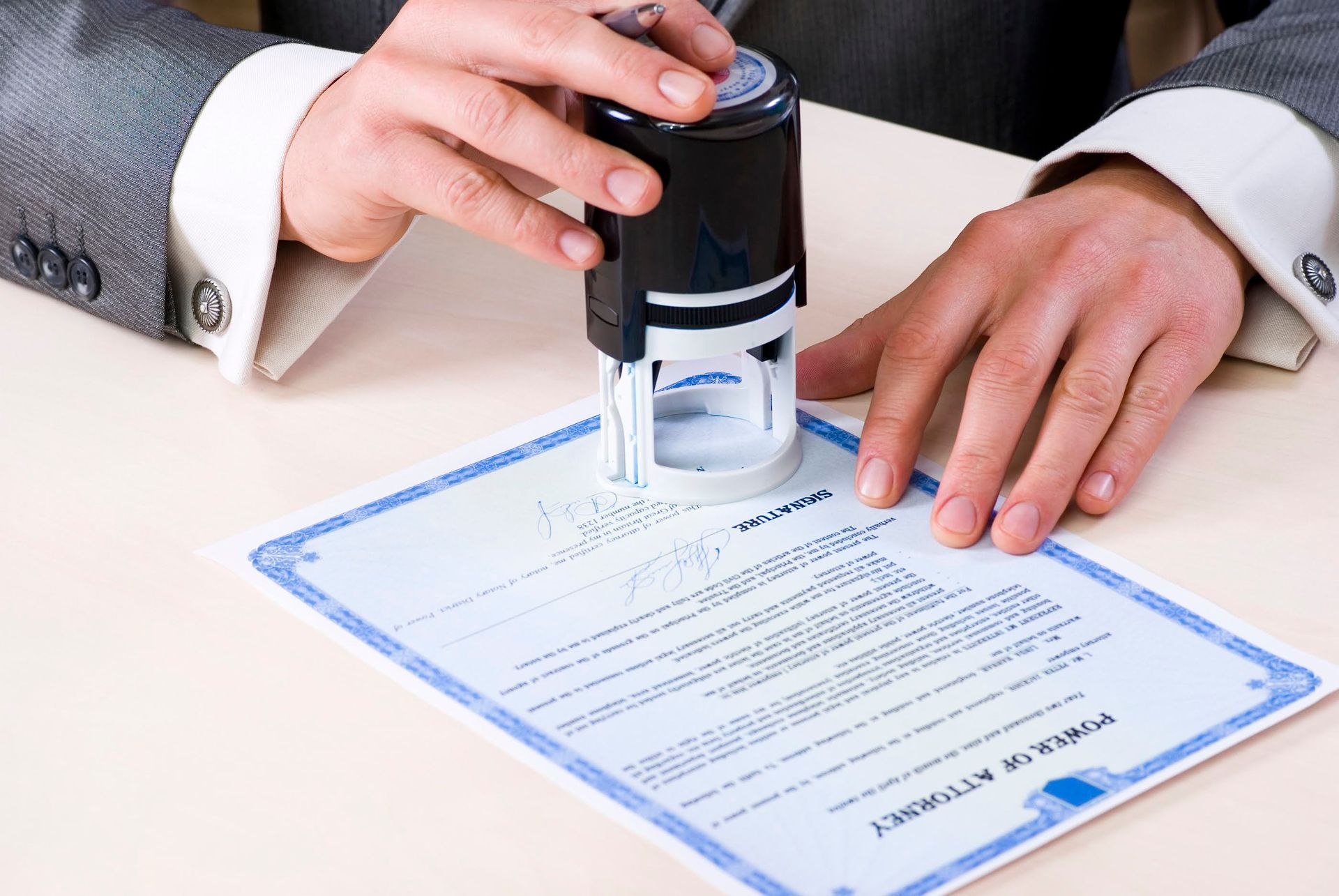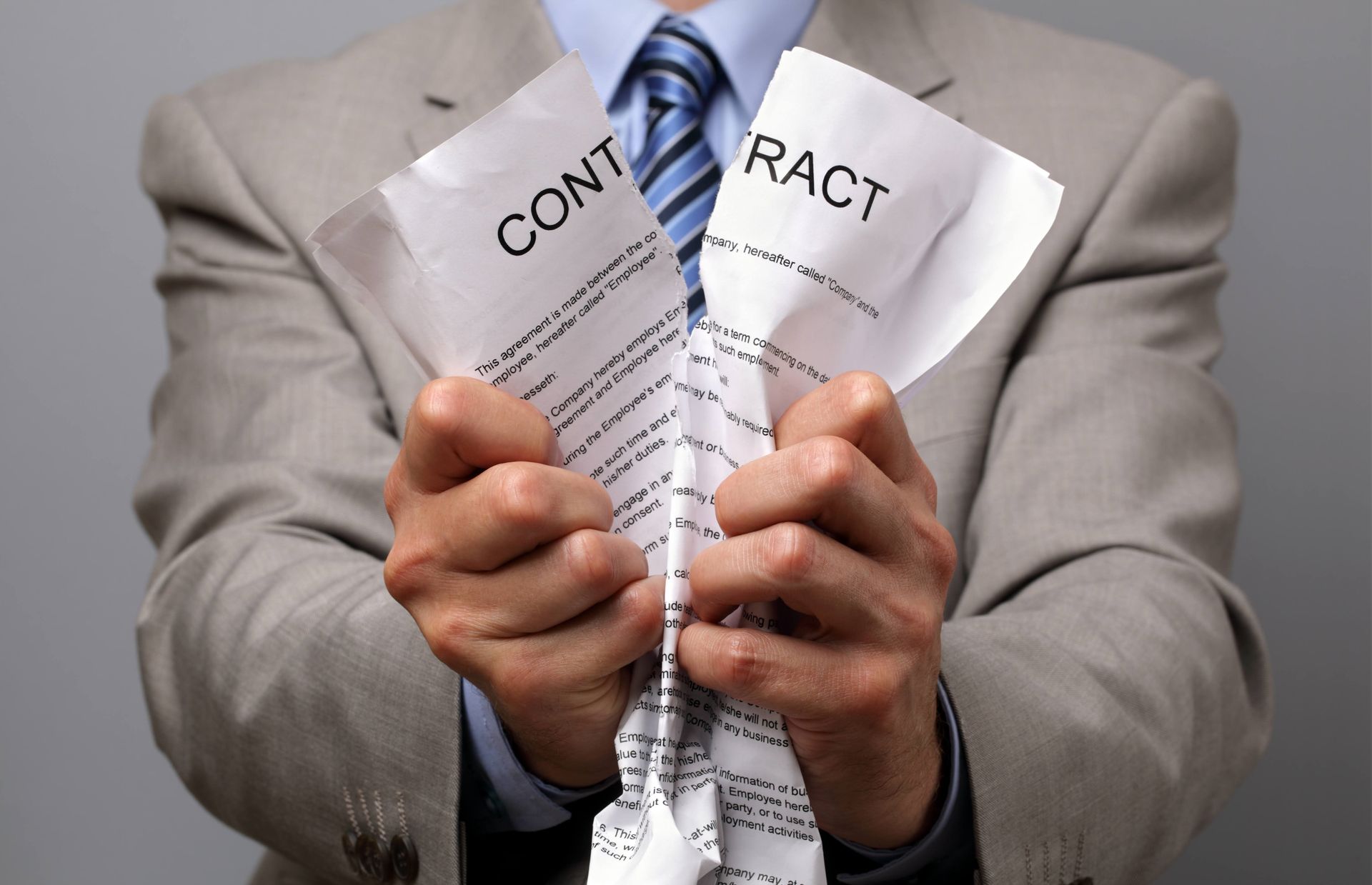Your Responsibilities as an Executor of Your Parent's Will
As parents age, their adult children often take on unexpected roles. One of these roles is as an executor of their estate. The executor is the person that takes carries out the wishes of the person, or people, that chose them. It is a vital role, and everyone should understand the responsibilities.
Discuss the Details
Parents and children need to discuss the role of executor. If your parents have a large estate with a lot of beneficiaries, it is important to either be there during the will preparation or meet with the attorney to discuss the details afterward. Even with a small estate, executors should review the will and talk to their parents about the information.
An executor needs to know what relatives and other beneficiaries to notify after a parent dies and what types of trusts or other financial matters they may need to manage. Know where your parents keep their original will and all other important documents. Gather a list of contact information of people that need notification.
Understand Medical Care
Some executors also take on the role of health care power-of-attorney. A medical directive gives legal permission for the person in this role to make the medical decisions when the parent is unable to do so. Some people also create a living will, so their child does not have to make life or death decisions for their parents.
Your parents should detail in writing their preferences if you agree to become their health care power-of-attorney. Families have fewer disagreements when there is documentation from people about their wishes for home health care, nursing home care, as well as when to stop medical care.
Make Funeral Plans
Pre-planning of the funeral makes a difficult situation much easier. Children often have no idea if their parents prefer cremation or burial, the size of the funeral they desire, or what they would like for music or other details. Discuss their opinions on organ or body donation, and what church or minister they prefer,
The topics in this type of conversation not easy, but it is easier than arguing with relatives after a loss. Again, it always helps to have their choices in writing. Another possibility is to pre-plan everything with a funeral home and pay for the service upfront.
Prepare for Probate
If you are the executor of a large estate, the probate process can seem challenging. You must file a request for probate in the county where your parents lived at the time of their death and file the will and death certificate with the court. A hearing will take place to approve your role as executor.
After the hearing, notify everyone the court requires of the probate proceedings. Inventory the assets of the estate after paying all debts and divide the remaining property as ordered in the will. Complete the process by submitting all information about your actions to the court along with any receipts or other records. The court closes the estate and your job as executor ends.
Simplify the Process
A small estate is sometimes able to forgo a lengthy probate process. In Florida, estates of less than $75,000 (excluding certain types of real estate) may qualify for a summary administration. The probate process can finish within a couple of months for these estates.
A large estate can dwindle in value after a long health crisis or another unexpected event. If the estate becomes much smaller than when the will preparation took place or is insolvent (has more debts than assets), contact your attorney. Beneficiaries of property from insolvent estates could owe money to creditors for the value of the item they receive.
A will written a few years ago may seem current, but financial situations and family dynamics change more than people realize. Take the time to discuss the changes with an attorney to see if your family needs an updated document. At Donald B. Linsky & Associate PA , we help families with all sizes of estates to create wills that protect the assets that matter to them.
CONTACT INFORMATION
Sun City Center FL 33573













